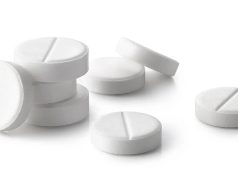Strong inverse correlations between sleep duration, adiposity, diabetes risk markers in children
TUESDAY, Aug. 15, 2017 (HealthDay News) — There is an inverse correlation between sleep duration and risk markers of type 2 diabetes (T2D) in childhood, according to a study published online Aug. 15 in Pediatrics.
Alicja R. Rudnicka, Ph.D., from the University of London, and colleagues conducted a cross-sectional study involving 4,525 multiethnic U.K. children aged 9 to 10 years to examine the correlations between self-reported sleep duration and T2D risk markers.
The researchers found that children slept 10.5 hours per night on average. Strong inverse graded relationships were identified between sleep duration, adiposity, and diabetes risk markers. A one-hour longer sleep duration correlated with 0.19 kg/m² lower body mass index, 0.03 kg/m5 lower fat mass index, 2.9 percent lower homeostasis model assessment of insulin resistance, and 0.24 percent lower fasting glucose, in adjusted models; no correlations were seen for hemoglobin A1c or cardiovascular risk. After adjustment for adiposity markers, associations with insulin and glucose remained.
“The finding of an inverse association between sleep duration and T2D risk markers in childhood is novel,” the authors write. “Intervention studies are needed to establish the causality of these associations, which could provide a simple strategy for early T2D prevention.”
Copyright © 2017 HealthDay. All rights reserved.








